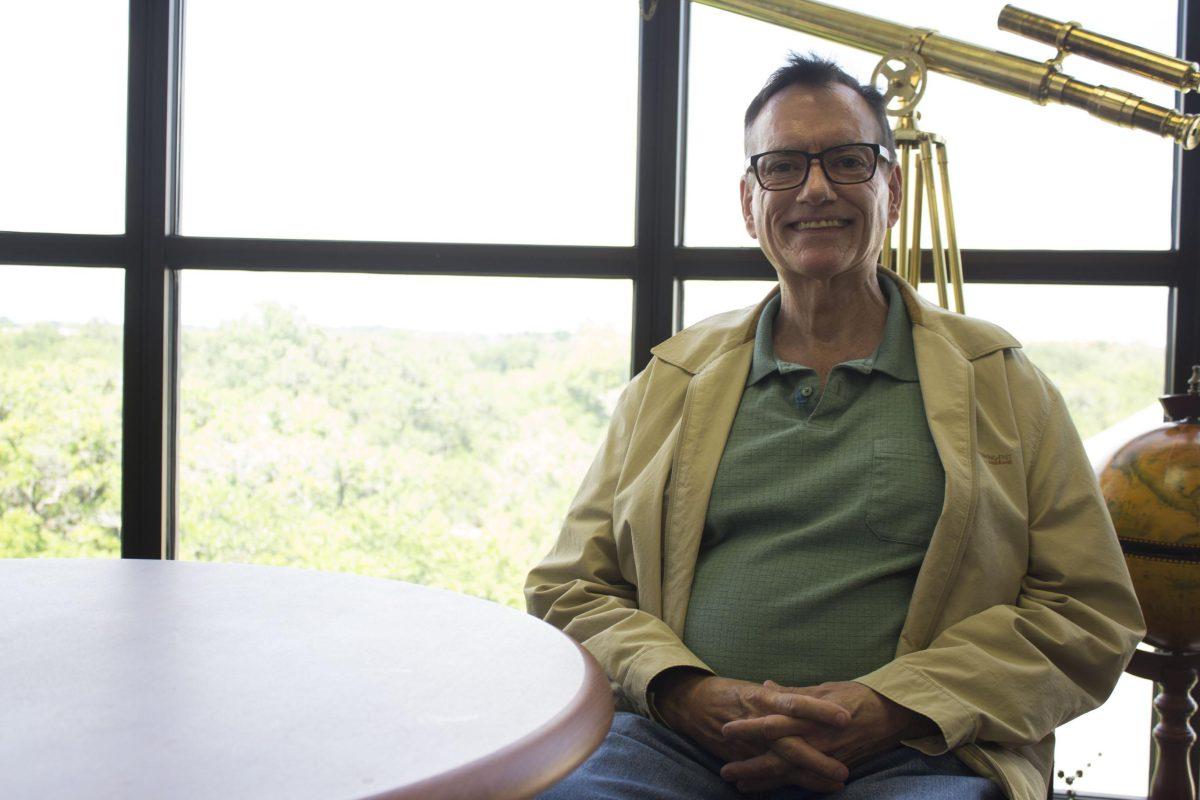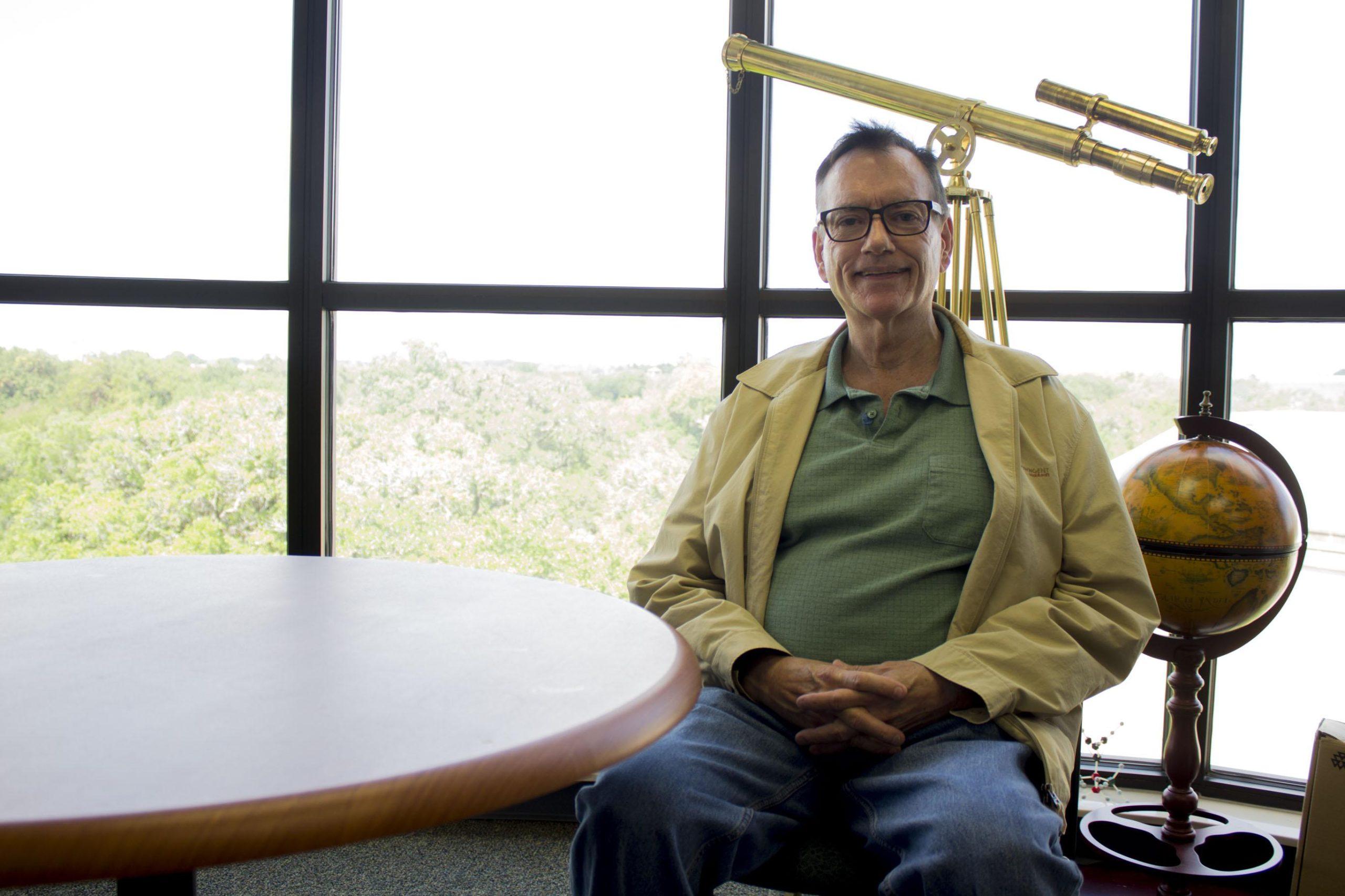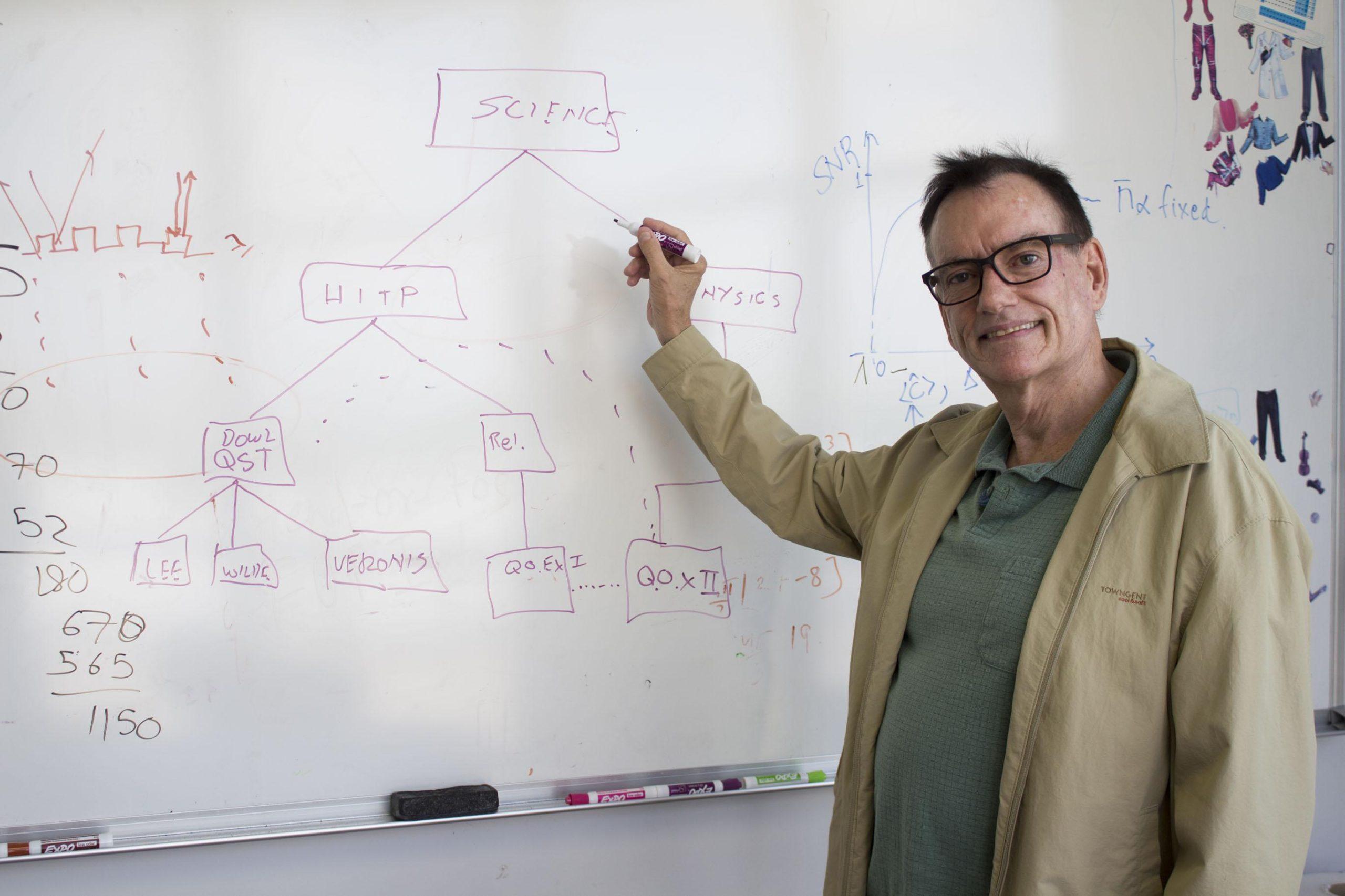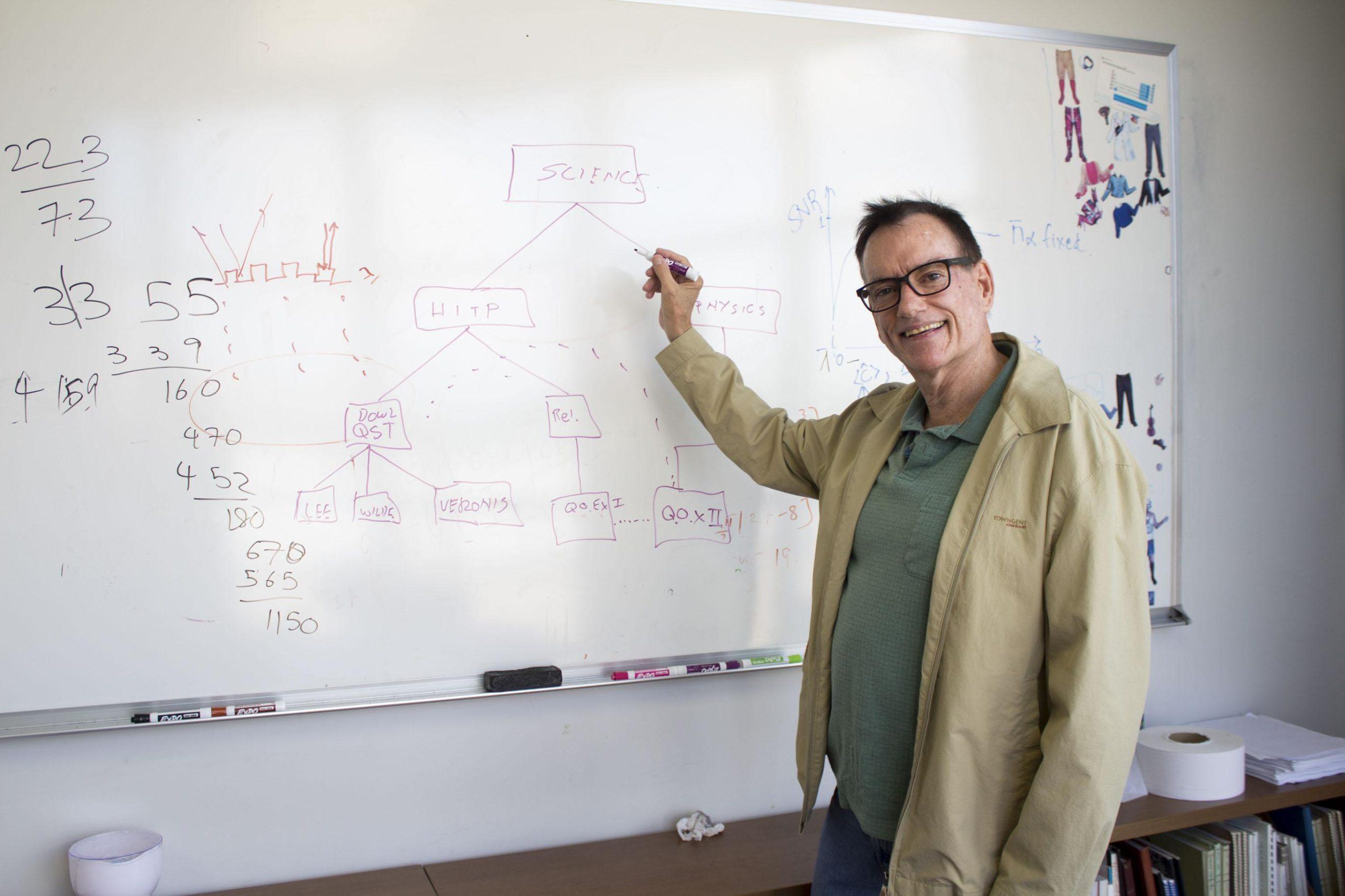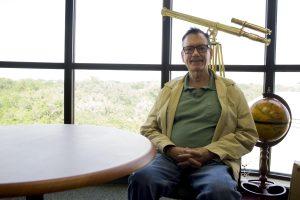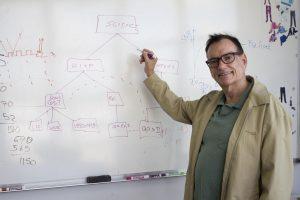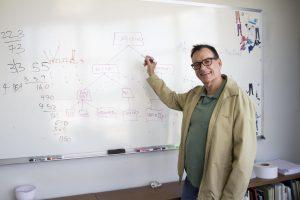The emerging field of quantum computing will provide many new ways for scientists to do calculations. Quantum computers work quite differently from normal computers and have the potential to radically change the way we think about computing.
“We are currently in the midst of a second quantum revolution,” said Department of Physics & Astronomy Professor Jonathan P. Dowling. “The first quantum revolution gave us new rules that govern physical reality. The second quantum revolution will take these rules and use them to develop new technologies.”
Dowling and other researchers recently received a grant worth over $7 million from the U.S. Army Research Office for research into quantum computing. Dowling said one of the main issues facing quantum computers is noise, and his research focuses on mitigating this noise.
“They are very susceptible to noise,” Dowling said. “Any little disturbance, temperature fluctuations, can cause them not to work. One of the big deals is how to make them tolerant to noise and the environment so that they’ll actually run and do what you want. Otherwise, they’d be a pretty crappy computer.”
Dowling said he plans to use quantum sensors placed in the computer itself to detect noise and use machine learning algorithms to correct for it.
“The idea is to measure the noise locally, near the transistors that are doing the computing, and then correct the noise in real time,” Dowling said. “That way, we can make the quantum computers tolerant against the noise so that they’ll actually run and produce the mathematical answers we want.”
Dowling said this is incredibly difficult to do, and warrants the over $1 million of the grant the University will receive. He added that one of the teams competing with the University for the grant was from Harvard University.
“I frankly thought they would probably win, just because they’re Harvard,” Dowling said. “Putting together just the right people on the teams with expertise in different areas required physicists, mathematicians, engineers and computer scientists all working on different parts of the problem together. We did a really good job of balancing the team, making sure we had experts in all of these areas to address the different things we’re gonna need to do.”
Dowling said the grant will fund two graduate students to work on the project full time. These students, along with Dowling, will design machine learning algorithms to help mitigate noise.
While working quantum computers already exist, Dowling said these machines can only handle around 100 transistors. Modern microprocessors, for comparison, can contain billions of transistors. Dowling said there is a ways to go before quantum processors get to that point, but progress is growing exponentially.
Although quantum computers aren’t necessarily better than standard computers at many tasks, they can perform many more tasks simultaneously.
“The quantum transistor is doing different calculations in parallel universes,” Dowling said. “Only in our universe do we get the readout, but we’re taking advantage of these exponential number of parallel computational universes to do the calculation.”
While the idea of parallel universes may sound far-fetched, Dowling said their existence has been proven.
“People have been working on this from the 1960s and there is clear evidence that these parallel universes exist, and it’s been tested,” Dowling said. “These are not just theory. We know they’re there. We don’t think there’s people living in them, that would be pretty cool if there were, but we are able to use them for calculation purposes.”



